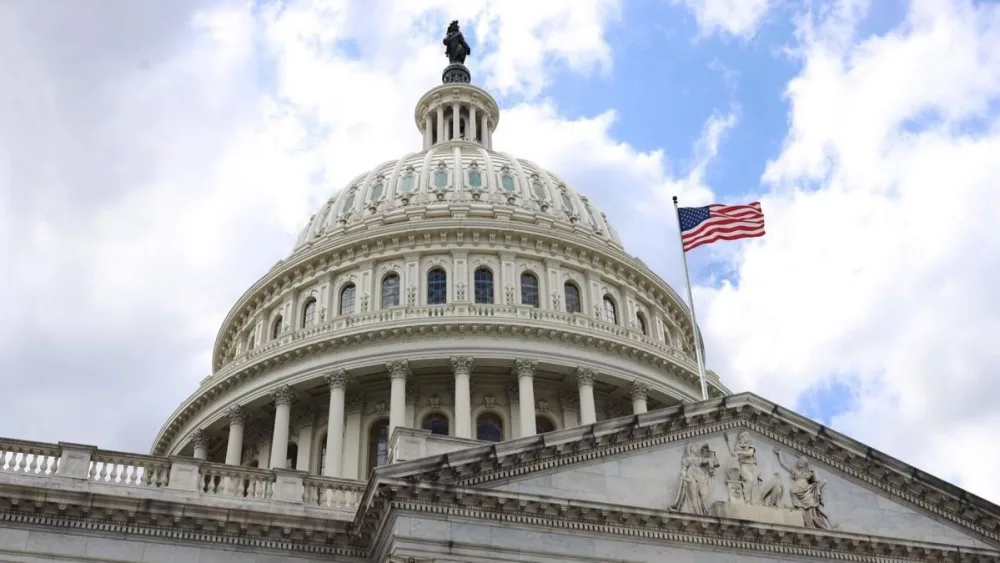WASHINGTON, D.C. — The U.S. Department of Education has proposed two new supplemental priorities for its discretionary grant programs: Meaningful Learning and Career Pathways and Workforce Readiness.
The Meaningful Learning proposal is intended to strengthen instruction in mathematics, expand access to high-quality materials, develop competency-based and strategic staffing models, and support approaches such as high-impact tutoring and innovative assessments. The goal, according to the department, is to expand opportunities for personalized and effective learning.
The Career Pathways and Workforce Readiness proposal emphasizes alignment between education and labor market needs. It calls for projects that build industry-recognized credentials, strengthen skilled trades, expand pre-apprenticeship and work-based learning opportunities, and foster partnerships between schools and employers.
Both priorities were published in the Federal Register on Sept. 25, opening a 30-day public comment period. Once the rulemaking process is complete, the department will publish final priorities that will shape upcoming grant competitions.
These proposals follow five earlier supplemental priorities released in 2025, which focus on evidence-based literacy instruction, education choice, state decision-making, artificial intelligence in education, and civic education.





